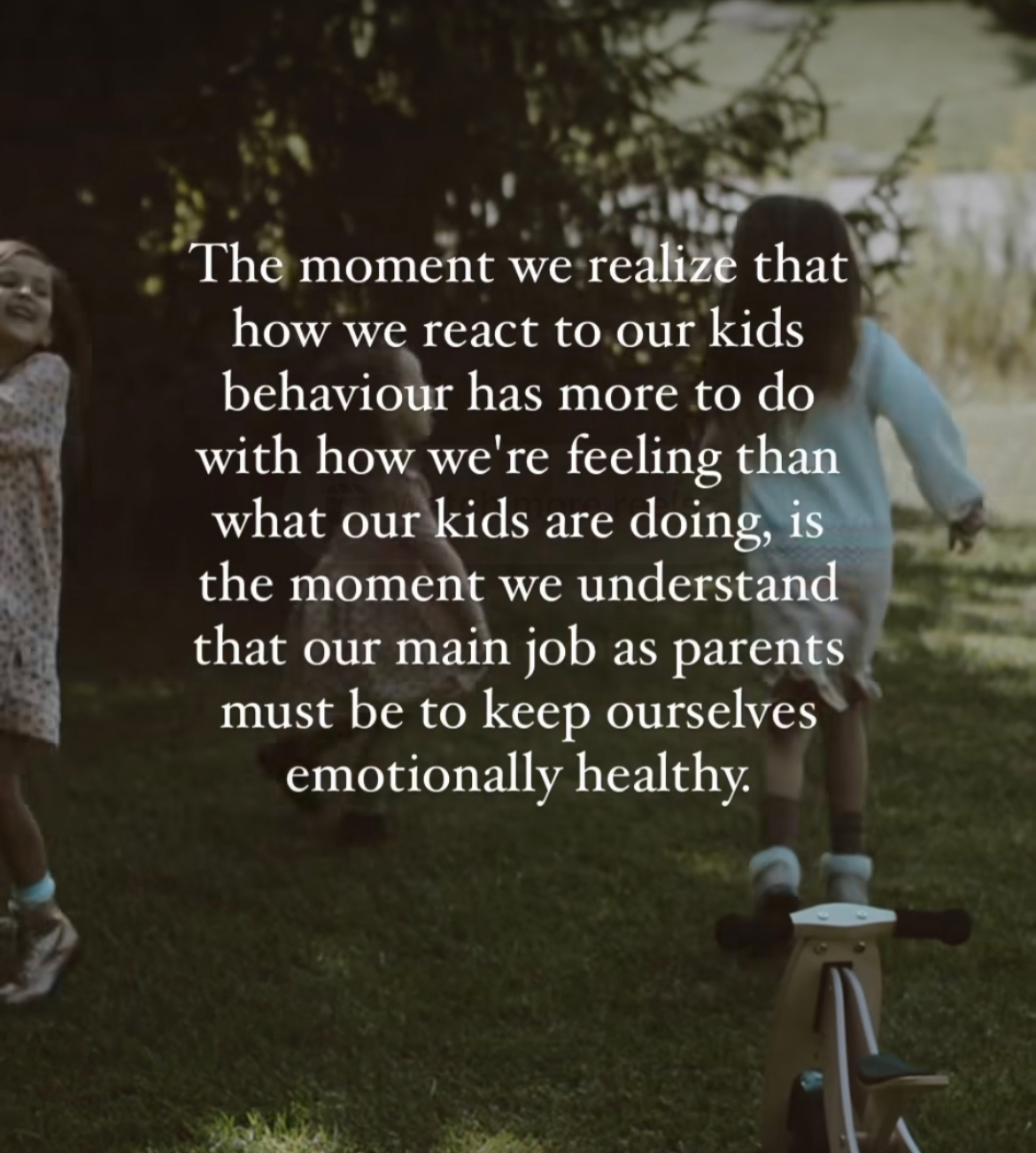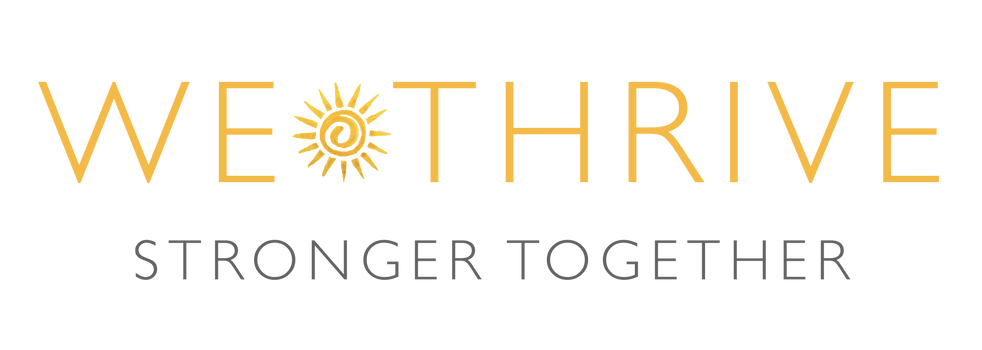Another story of trust
Last Sunday I went to have breakfast with a friend. I was aware of going early for breakfast as was thinking about how I could then be back not too long after my son would likely wake up and so make sure he had some breakfast and also didn’t spend the whole morning gaming/on his phone. He is 13 (and a half). I had a lovely breakfast chatting with my friend and afterwards, as I was walking towards the car, I noticed that there was a weekend market on, which I would love to have gone and wandered through. But then I remembered that I had to be back home to sort breakfast, find things for son to do etc. I got into the car feeling a slight sense of dread as I imagined the ensuing little battles over eating breakfast, how long to be on the screens/working out what to do, a bit of resentment that I couldn’t go to the market. I then had an idea – ‘I’ll give him a ring and see if he is awake and ask if he would like to go through the market and later we could get some lunch (carrot for him – not literal carrot!). He said he’d rather not. He suggested, ‘Mum, why don’t you just go to the market? I am fine chilling here.’ …. Bingo. What was I doing? This was all my worry; I didn’t have to feel like this & he didn’t have to feel annoyed with me, me with him, battle of wills (what 13 year old boy wants to do v 52 year old mum). We could just do our own things and meet a while later. The simple key for me was to relinquish the negative ideas & forecasting about the issue of screen time, the concern that he probably wouldn’t have any breakfast, the idea that he would be spending the morning lounging about (this is Sunday after a long week of endless sport and school), the idea that I would be ‘being a bad parent’ by not engaging him in some wholesome activity which would in reality look like a gruesome tussle of wills with guaranteed stress & upset all round. So, I turned the car round, had a very happy time footling around the market, returned home a couple of hours later and we went on to have an easy, happy, restful day (when he actually took himself away from the phone and suggested going out to play tennis). A little bit of trust went a long way. I got out of my own way.
BOOK REVIEW
Below are two reviews of Abigail Shrier’s new book,
Bad Therapy: Why The Kids Aren’t Growing Up (due out 29 February 2024)
…. which I am sure will provoke an interesting discussion in meetings. There have certainly been a few stories where families have found that the endless round of mental health-care seeking & assessments have seemed to almost cause more harm than healing. This brings up the difficult balance between promoting mental health awareness and creating a neurotic, anxious youth; it addresses issues of parental guilt as well as parental impotency in the face of the floodtide of ‘experts’; and then there are the cultural pressures of accepted parenting in our current society.
There is a sense of navigating the line between between the benefits of learning through therapeutic interventions and developing a greater trust in and communication with our own needs, intuitions, aspirations and abilities. Good therapy will work to strengthen this and to increase autonomy and a sense of one’s value and place in the world. This is a good discussion to keep up amongst this community as we are well placed to have experienced this – to offer insight into things that have been beneficial. Nothing is a panacea – everything is just part of the journey.
Financial Times review:
Unherd.com review:
https://unherd.com/2024/02/bad-therapy-is-stunting-our-kids/
KEN ROBINSON, educator, author & international advisor on education, who sadly died from a short battle with cancer four years ago, was a life-long advocate for transforming education into something that ignites curiosity, creativity and imagination in us all and invites us to find not only what we might be good at, but what we love. His books, Out of Our Minds: Learning to be Creative and also Finding Your Element are both inspiring reads.
He reminds us to keep being open to and encouraging creativity and possibility in ourselves and our interaction with our children; to keep seeing what really fires and lights our children up and to allow them, encourage them to pursue this (which may come as a challenge to some of our established expectations and ideas & of those around us).
‘Human life is inherently creative. It’s why we all have different resumés. We create our lives, and we can recreate them as we go through them. It’s the common currency of being a human being. It’s why human culture is so interesting and diverse and dynamic….. Every day, everywhere, our children spread their dreams beneath our feet, and we should tread softly.’
With great thanks to Luchie, Ned & Jamie
– sharing each other’s stories and learning is a huge gift –
We were all inspired by hearing from this family and their story. It strengthened the premise that we realised in setting up We Thrive – that humans need, benefit from and heal alongside other humans. Equally, the reverse can be true, as perhaps we can experience when working in a culture that is full of politics and mistrust, spending time with people who we feel don’t really ‘see’ us and uplift us.
Hearing from each other and sharing what works, what helps, what heals, what strengthens, what inspires, what unites, what builds resilience and growth, what ignites the light within us all, is probably the most powerful resource we have. Embodying our own learning is as important as finding solutions for our children. Our service in life is, as Gandhi said, ‘being the change we want to see in the world.’
I know that when I find myself lost in worry and overwhelm around my children, I have temporarily abandoned my trust in them, my faith in the bigger picture, my own ‘recovery’ or spiritual path. My panicking won’t help their struggle, it may just increase their sense of failure, shame and fear. When these times come, I remind myself to slow down, to steady, to stay present and not project into the future, even into tomorrow, to do some very small, nurturing things and ultimately to be kind – to myself first because then I am far more likely to manage that with those around me.

February Talk
Wednesday 21st February @ 6.30pm
Nils Lechner, recovery coach,
will talk to us about children/ young adults in recovery and the common misconceptions that we as parents may have about what recovery is like.
Nils worked as a counselor at Yes We Can Youth Clinics in Holland (YWC), as well as at Choices 12 step Minnesota Clinic. He now runs a private practice, but also takes one of the weekly fellows meetings in the YWC aftercare programme. Now 12 years into his own recovery, Nils hopes to give us an insight into what is involved in recovery, and to point out some of the more obvious misconceptions that we, as parents, might have about what is involved, and how best to respond to how our children behave at various stages on the recovery path.

